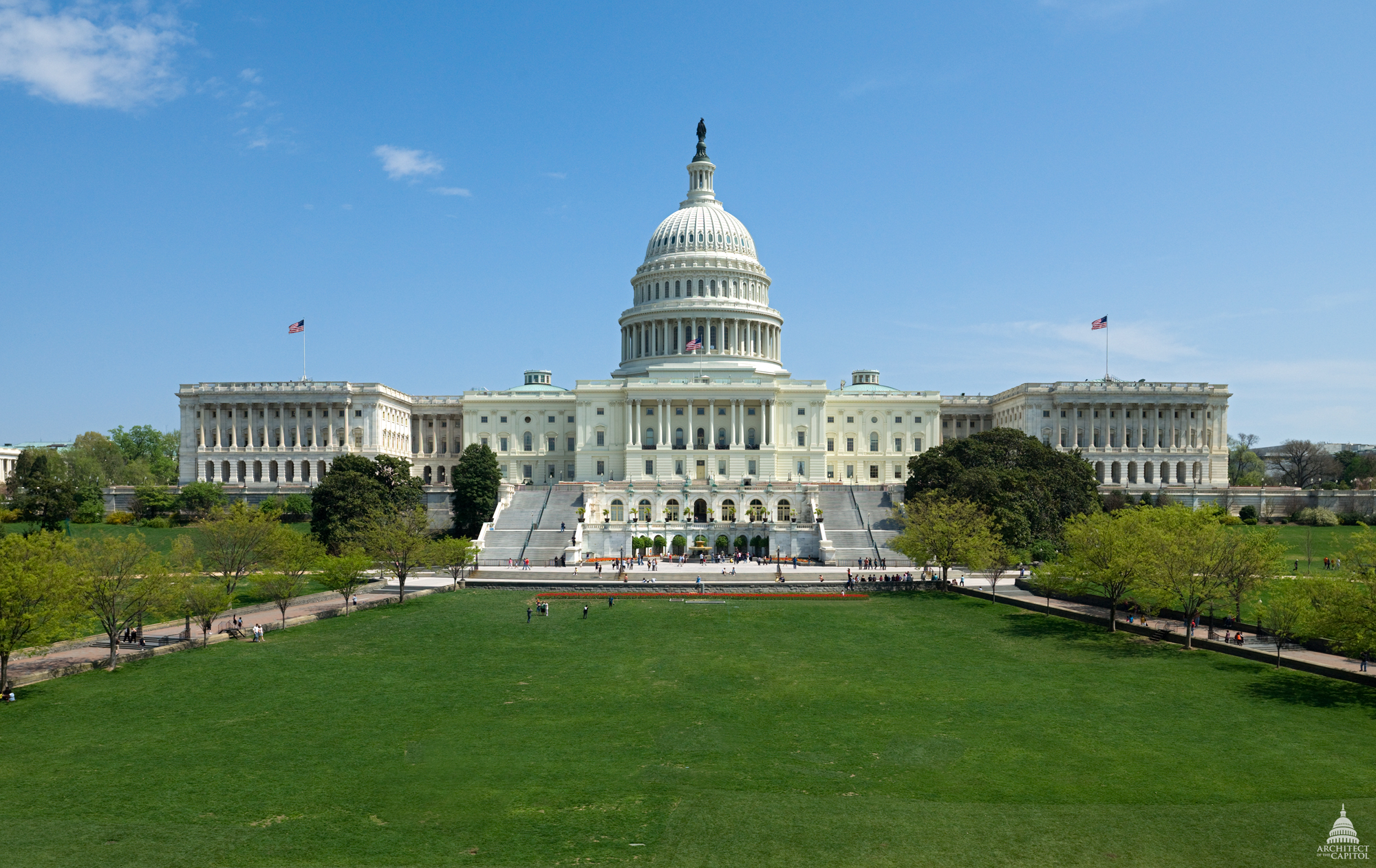
On May 15, 2017, Congressman Tom Garrett, R-Va., announced that he is going to hold a press conference outside of the U.S. Capitol on May 17 to discuss H.R. 1227, the Ending Federal Marijuana Prohibition Act of 2017.
Source for the following: nbc29.com
By Henry Graff
Fifth District Republican Congressman Tom Garrett is advocating an end to the federal marijuana prohibition.
Garrett held a news conference Wednesday afternoon outside the U.S. Capitol in Washington, D.C.
The congressman and other guests highlighted HR 1227. HR 1227 seeks to remove marijuana and tetrahydrocannabinols from the federal schedule of controlled substances.
“Somebody shouldn't be going to jail in one state under federal law, remember it's federal law not state law, and being ignored in another. I can't. It's ridiculous. So yeah, this is a fight I’m willing to have. If it costs me politically, then I’ll know I went out being true to myself,” Garrett said.
Garrett says it would leave regulation up to the states adding the states are more capable of handling their own marijuana policy.
Media Advisory from Congressman Tom Garrett:
WASHINGTON, D.C. - Today 5th District Congressman Tom Garrett shared a reminder with details for a press conference highlighting H.R. 1227 - the Ending Federal Marijuana Prohibition Act of 2017.
H.R. 1227 seeks specifically to remove marijuana and tetrahydrocannabinols from the federal schedule of controlled substances, thereby leaving regulation up to the states.
In a February 27 press release, Garrett stated:
"I have long believed justice that isn't blind, isn't justice. Statistics indicate that minor narcotics crimes disproportionately hurt areas of lower socio-economic status and what I find most troubling is that we continue to keep laws on the books that we do not enforce. Virginia is more than capable of handling its own marijuana policy, as are states such as Colorado or California."
Statement from President of Smart Approaches to Marijuana:
Today, Dr. Kevin Sabet, president of Smart Approaches to Marijuana, a national group promoting evidence-based marijuana laws, issued the following statement regarding Congressman Garrett’s proposed legislation that would remove marijuana from the Controlled Substances Act, expanding the commercialization and trafficking of marijuana between states:
“Common sense – not Cheech and Chong ideology – should drive our nation’s marijuana laws. At a time when the opioid crisis is stealing thousands of lives in Virginia each year, Congressman Garrett apparently believes his legislative energy is best spent supporting the special interests of a growing, for-profit drug industry instead of the parents and community leaders in his district working to keep young people away from drugs. Make no mistake: Congressman Garrett’s legislation is designed to chip away at law enforcement’s ability to keep drug trafficking organizations out of our communities and support a growing for-profit industry that will target poor and young people throughout Virginia,” said SAM President and former senior White House drug policy advisor Dr. Kevin Sabet.
“The marijuana industry is the next Big Tobacco of our time, and history will not look kindly upon those who enabled lobbyists and special interest groups to gain a foothold in putting profit ahead of public health and safety. Instead of pushing legislation that will increase drug use in Virginia, we call on Congressman Garrett to break his silence on recent Washington proposals to gut funding for vital opioid programs in his district and divert his agenda toward increasing funding for prevention, treatment, and smart-on-crime programs that will make Virginia healthier and stronger.”
Despite the oft-repeated refrain that drug enforcement is an issue of “states’ rights,” the consequences of heroin, cocaine, meth, and marijuana are not confined by geographic borders. In 2005, the Supreme Court examined this issue in Gonzales v. Raich, where the highest court ruled 6 to 3 that federal law supersedes state law when it comes to enforcing drug statutes – even in states where marijuana is legal because marijuana sales affect interstate commerce. Since Colorado legalized marijuana, the drug has streamed into neighboring states and emboldened drug trafficking organizations there.
Additionally, science has demonstrated a link between opioid and marijuana use. According to the National Institutes of Health, more than four in 10 people who ever use marijuana will go on to use other illicit drugs, per a large, nationally representative sample of U.S. adults. The Centers for Disease Control and Prevention also has found that marijuana users are three times more likely to become addicted to heroin.
Research demonstrates that marijuana – which has skyrocketed in average potency over the past decades – is addictive and harmful to the human brain, especially when used by adolescents. Moreover, in states that have already legalized the drug, there has been an increase in drugged driving crashes and youth marijuana use. States that have legalized marijuana have also failed to shore up state budget shortfalls with marijuana taxes, continue to see a thriving black market, and are experiencing a continued rise in alcohol sales.
No comments:
Post a Comment